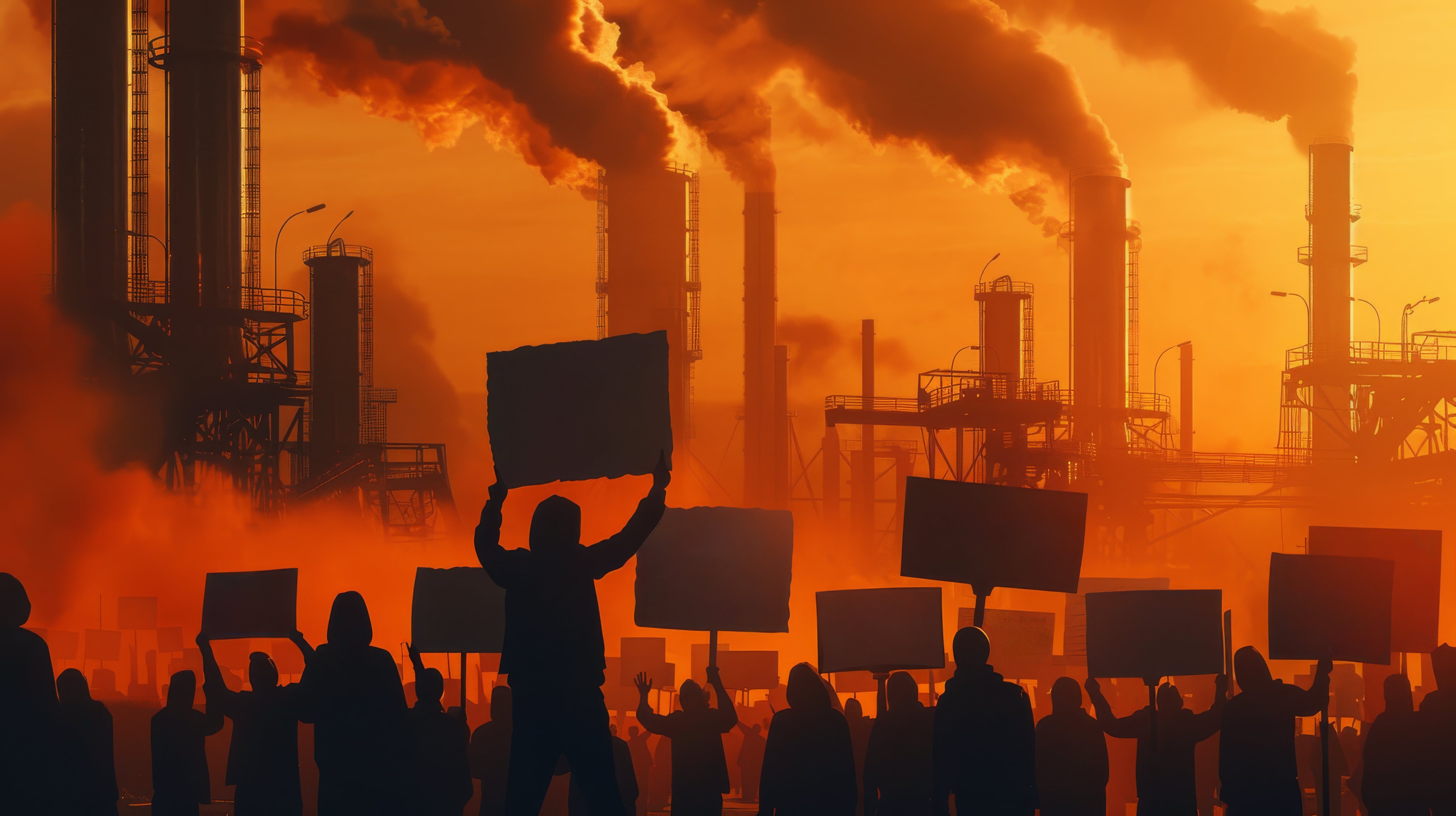
Industrial Revolutions
Wednesday, 27 April 2024 Awais JunoThe concept of industrial revolutions refers to big changes in how people work, make stuff, and do business these revolutions didn't happen all at once, but over time, they changed the way the world worked each industrial revolution brought new inventions and new ways of doing things, and life looked different afterward let's go through the major ones.
The first industrial revolution happened in the late 18th and early 19th centuries it started in places like Britain and spread to other parts of Europe and America during this time, people started to use machines in factories instead of making things by hand one of the key inventions was the steam engine this allowed factories to produce goods faster and cheaper before this revolution, most people worked in agriculture but now they started moving to cities to work in factories making things like textiles and iron it was a huge change in how people lived and worked no more relying on manual labor or small workshops.
The second industrial revolution came about a century later around the 19th century into the early 20th century it was all about mass production and the use of new forms of energy like electricity factories started to use assembly lines which made it possible to produce things on a large scale instead of one person making a product from start to finish now each person in the factory would only do one small part of the work this was much more efficient and it helped companies make products faster and cheaper cars were a big example of this revolution especially when Henry Ford made the first affordable cars using the assembly line technique other big innovations during this time were the telephone and the light bulb both of which completely changed everyday life.
Then there’s the third industrial revolution sometimes called the digital revolution this happened in the late 20th century and was all about computers and the internet the rise of electronics like computers, microchips, and later on the internet totally transformed how we communicate and work it allowed businesses to become more global, and it was easier to automate certain processes with machines instead of doing them by hand technology made things more efficient and accurate and companies started to rely heavily on computer systems for production it also introduced things like robots in factories which could work non-stop without needing breaks this is when everything started to get a lot faster and more connected.
Now we’re in what’s sometimes called the fourth industrial revolution this one is still happening and it’s driven by technologies like artificial intelligence AI, the Internet of Things IoT, and big data what makes this revolution different from the previous ones is that it’s not just about machines or computers doing work it’s about these systems becoming intelligent and making decisions without human intervention AI can learn from data and improve over time while IoT allows everyday objects to connect to the internet and share information in real-time imagine a factory where machines communicate with each other and optimize production on their own without needing someone to control them directly that’s the kind of thing that’s becoming possible in this new revolution.
In the fourth industrial revolution, everything is connected and smart cities homes and even entire industries are being powered by data and technology for example in healthcare, doctors can now use AI to help diagnose diseases more accurately or in transportation self-driving cars are being developed that could change how we think about travel this revolution is also changing the job market because machines and computers are taking over many tasks that humans used to do this creates new jobs in tech and engineering but also challenges for people who worked in industries where jobs are disappearing.
Each industrial revolution has come with big changes to the economy and society for instance in the first and second revolutions many people moved from rural areas to cities because that’s where the jobs were in factories during the third revolution with the rise of computers and automation many traditional manufacturing jobs were lost but new jobs in tech and services emerged the fourth revolution is making some jobs even more specialized and technical so there’s a growing demand for people who have skills in programming, data analysis, and AI.
However with each revolution comes challenges for some people while some thrive others struggle to adapt businesses and workers who can’t keep up with the new technologies may find it hard to compete this has led to discussions about how to support workers in industries that are becoming obsolete some argue that education and training programs are needed to help people learn the skills they need for the future.
In summary, industrial revolutions are periods of massive change in how we work and live the first one introduced machines and factories the second one brought mass production and electricity the third was all about computers and the digital age and now we’re in the fourth industrial revolution driven by AI and smart technologies each revolution has transformed society and the economy creating new opportunities but also challenges for those who can't keep up with the changes it’s clear that technology will continue to shape the future just as it has in the past.

